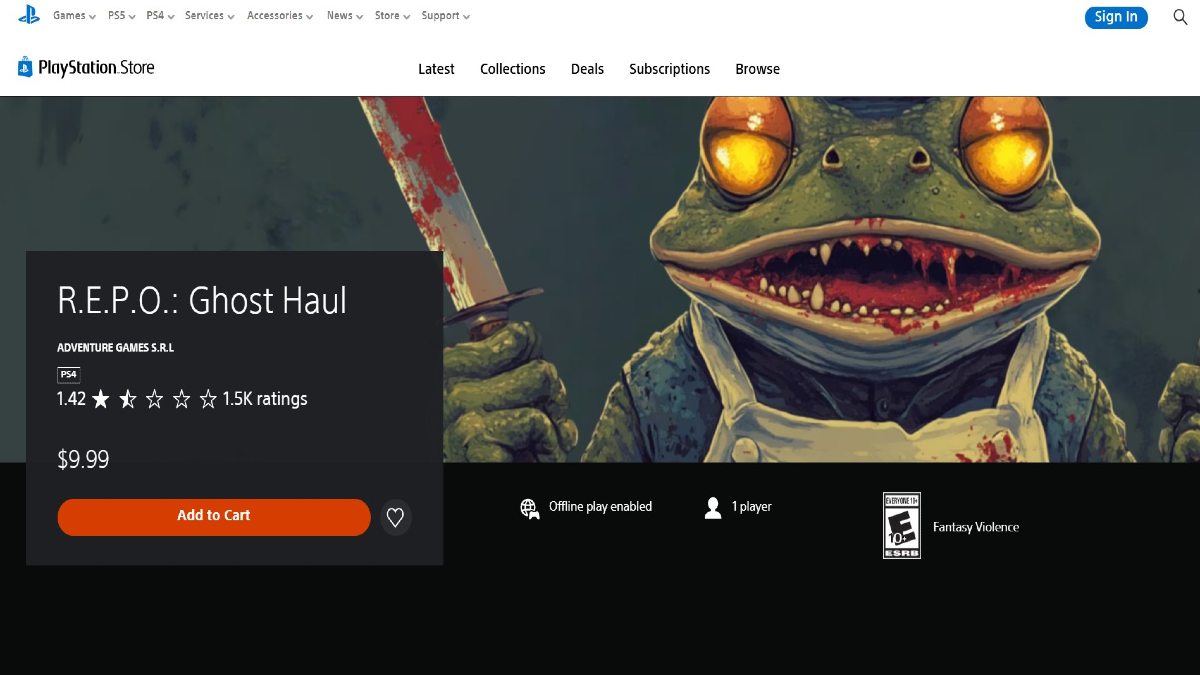This just in, microtransactions make an absurd amount of money. How much money? Well for example, according to Activision Blizzard’s quarterly earnings report they made roughly $4 billion dollars from online purchases alone in 2017.
The “in-game net bookings” that the company reported includes various types of online purchases such as DLC, loot boxes, and in-app purchases on mobile games. In the fourth quart of 2017 alone Activision Blizzard made over $1 billion via in-game net bookings. Roughly half of that number comes courtesy of the company’s subsidiary King, best known for mobile games such as Candy Crush. The other $2 billion comes from Activision Blizzard’s console and PC efforts, namely from games such as Call of Duty: WWII, World of Warcraft, and of course, Overwatch.
Warcraft has always had a pretty robust player economy, but this year saw Call of Duty introduce a new loot box-based microtransaction system to the franchise. Not to mention the progenitor of the loot box system Overwatch which has continued to perform well with new events and cosmetics released regularly. Similarly Electronic Arts, itself another company that heavily features microtransactions in most of its games, reported $787 million in its quarterly earnings report as well in spite of the massive Star Wars: Battlefront II debacle.
For as much as gamers seem to dislike microtransactions and for how dirty of a term games as a service has become, the numbers don’t lie. These business practices are making more money than ever according to the earnings reports. Similarly impressive reports are coming from Take-Two Interactive who cited record-breaking years for both GTA Online and NBA 2K18. At the end of the day, despite all the controversies and consumer backlash, the money has spoken and it says there are plenty of people out there eager to spend their money on these sorts of games.













Updated: Feb 8, 2018 06:20 pm